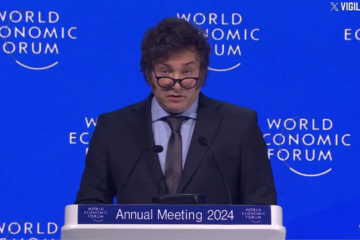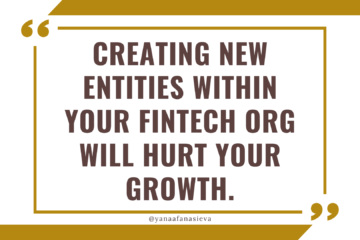When Will You Start Making Money?

- First product launch and the first offer: usually the first startup product is launched almost for free or at a very low price point. Nobody is seriously expecting to make money at this beta stage, and the goal of this first iteration is to test the product, get feedback and find your product-market fit. Companies can make money at this point, but this income is very unreliable. Even in consultancy business you can find this stage - you may have your first customers, but it's unlikely that they are your strategic or long-term customers. You just do what you can and see what happens.
- The second iteration of the value proposition is usually more solid: the company is making some recurring revenues at this point, and the price is usually higher than at the first stage, but what i see at lot at this point is a huge variation in terms of the customer types and the customer behavior, and in profitability per customer. Customer conversions and activation rates are very unstable, and you have not yet established anything that could be called reliable lead generation pipeline. In the consulting or service-baed business types, it is also likely that you have some customers or partners that you don't like or don't want to keep, but you have to - precisely because your revenues are unstable.
- The third phase of the product or service/pricing evolution normally leads to a more strong and more specific value proposition: companies can predict their revenues and growth numbers reasonably well, and can plan resources accordingly. Thanks to a more clear and distinguished value proposition, it is possible that your business or service starts getting regular referrals, and you are even more comfortable now to make further price increases. At the same time, potential customers may still ask you "what's the difference between your offer and your competitors" or "what's so special about you". If you are in consulting - this is the difference between being a commodity service versus having some level of trust with your customers or potential customers. If you are seen as more of a commodity-type service provider, people will ask you for discounts and don't care that much, who specifically will work on their project or their case. If you have something unique to offer (for example, such as my dermatologist or any other special doctor that you trust), people will only want to work with you, and will wait until you are available.
- "It works" - this stage of the product iteration is usually reached when you have tested your offering well enough, and can predict performance, conversions and other key metrics for each of the stages of your customers' lifecycle. You know how long things take, you may have a waitlist of customers, your conversions from leads to sales are predictable, your customers leave you raving reviews (or, if in consulting - they get consistent results), and you probably have a product suite or some form of customer ascension model within your business. At this stage, other businesses reach out to you and offer you partnerships or joint projects, and you feel that you have some leverage in terms of how much vendors, banks or processing partners will charge you.
If you are a FinTech startup, struggling to get through partner due diligence reviews or long waiting times to approve your bank account opening, this FREE Guide might be of help.

